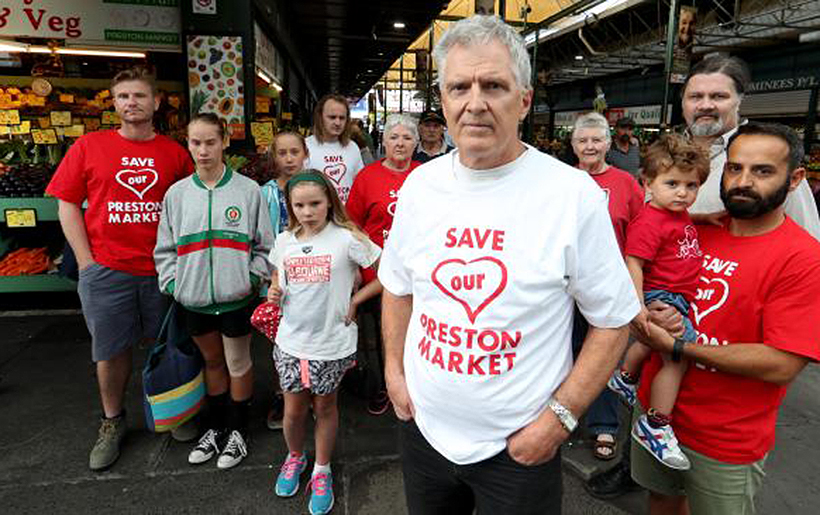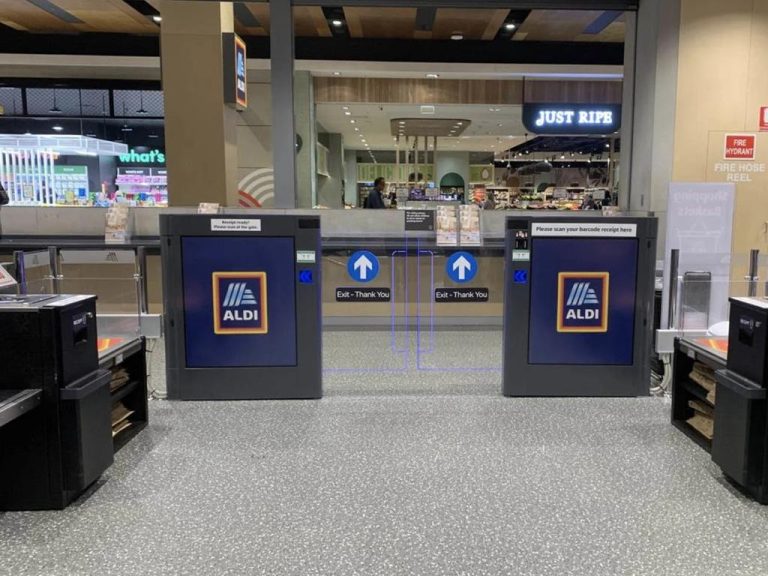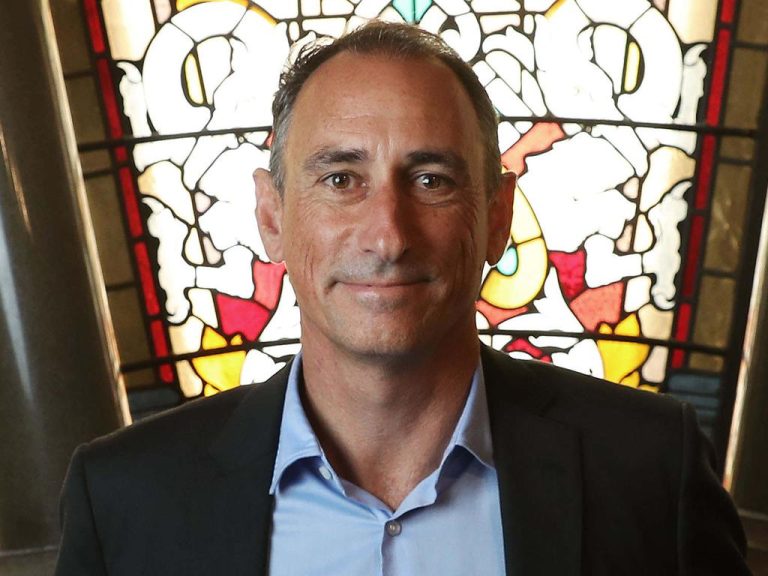Preston Market locals in fight over redevelopment

In Melbourne’s northern suburbs, a stand-off rages over a proposed $200 million apartment and retail development at the Preston Market, a rough-hewn, but much-loved fresh food outlet.
The fight over the site’s future highlights the challenges involved in adding more housing stock for a growing population while balancing the needs of local shoppers.
Caught up in the battle between those who adore the rambunctious market as it is and powerful developers who dream of building hundreds of apartments on the site is the state’s Labor planning minister Richard Wynne, who has been called in to resolve the dispute even as an anti-development Green political tide inches northwards from the gentrified inner-north.
Commercial Insights: Subscribe to receive the latest news and updates
Darebin Council, which oversees planning across Preston, has voted to refuse a proposal to build three apartment blocks on the site — one of which would be 14 storeys — including 300 dwellings and an extra 2900sqm of retail floor space. The proposal was put forward by Melbourne developer Salta Properties, in a joint venture with family business Medich Corporation — started by brothers Peter and Lubo Medich and now managed by Peter’s son Roy and grandson Anthony — called Preston Market Developments.
The developers have since appealed to Victorian Civil and Administrative Tribunal, but the council has decided to ask Mr Wynne to “call in” the application and determine its future himself.
Community members have mobilised in opposition, with a Facebook group called Save Our Preston Market attracting more than 2500 members while a petition has gathered more than 1300 signatures. Some also see the redevelopment as opening a new front line in Melbourne’s gentrified-inner suburbs pushing into Preston.
Many locals and traders spoken to by The Weekend Australian say they are not opposed to development, but still feel worried.

An artist’s impression of the Preston Market residential redevelopment.
Save Our Preston Market spokesman Chris Erlandsen, who has been shopping at the market for 17 years, fears the development will reduce the number of stallholders, which range from fresh meat, seafood, fruit and vegetables to a clutch of European-style delicatessens. “We think that it’s … essentially an overdevelopment and that it will definitely have an impact on the market precinct,” Erlandsen tells The Weekend Australian.
A recent $4 million upgrade “gives us no confidence in the (proposed) development”, he says, mentioning stallholder concerns that the material used for a new roof exacerbates heat, which during the summer months harms fresh produce.
Another spokeswoman for the group, Lori-anne Sharp, is concerned about a loss of carparking to the existing market.
“A lot of people who go there are elderly … and because it’s a fresh produce market they need to drive,” she says, adding that a redeveloped, gentrified market might not be so inviting to older people or people with a disability.
She has spoken to community members who want a higher proportion of three-bedroom apartments, rather than small one-bedrooms, and she would prefer the proposed apartment buildings to be not as tall.
Current conditions at the market are front of mind when locals consider any redevelopment. For example, Preston Market Traders advocate Manny Spiteri has raised concerns about the fairness of the stallholders’ leases with the Australian Competition & Consumer Commission. “All the traders are seeking is — one, fair leases; two, consultation,” he tells The Weekend Australian.
Medich Corporation joint managing director Anthony Medich says the developers wanted to pursue a development that is sympathetic to the market.
“We’re also trying not to make it too much of a mall experience,” Medich says. “We consider it appropriate to preserve and draw on the original market design.”
In a statement, Salta Properties managing director Sam Tarascio expresses disappointment that Darebin councillors rejected the application, and says that 133 of the 300 proposed apartments would be one-bedroom — five of which would be high density, which is less than 50sqm.
“Over the last six months we have heard from hundreds of locals and we know that, while there is genuine concern about the future of the market, many of our traders, shoppers and the local community support the development plans,” he says.
This article originally appeared on www.theaustralian.com.au/property.







